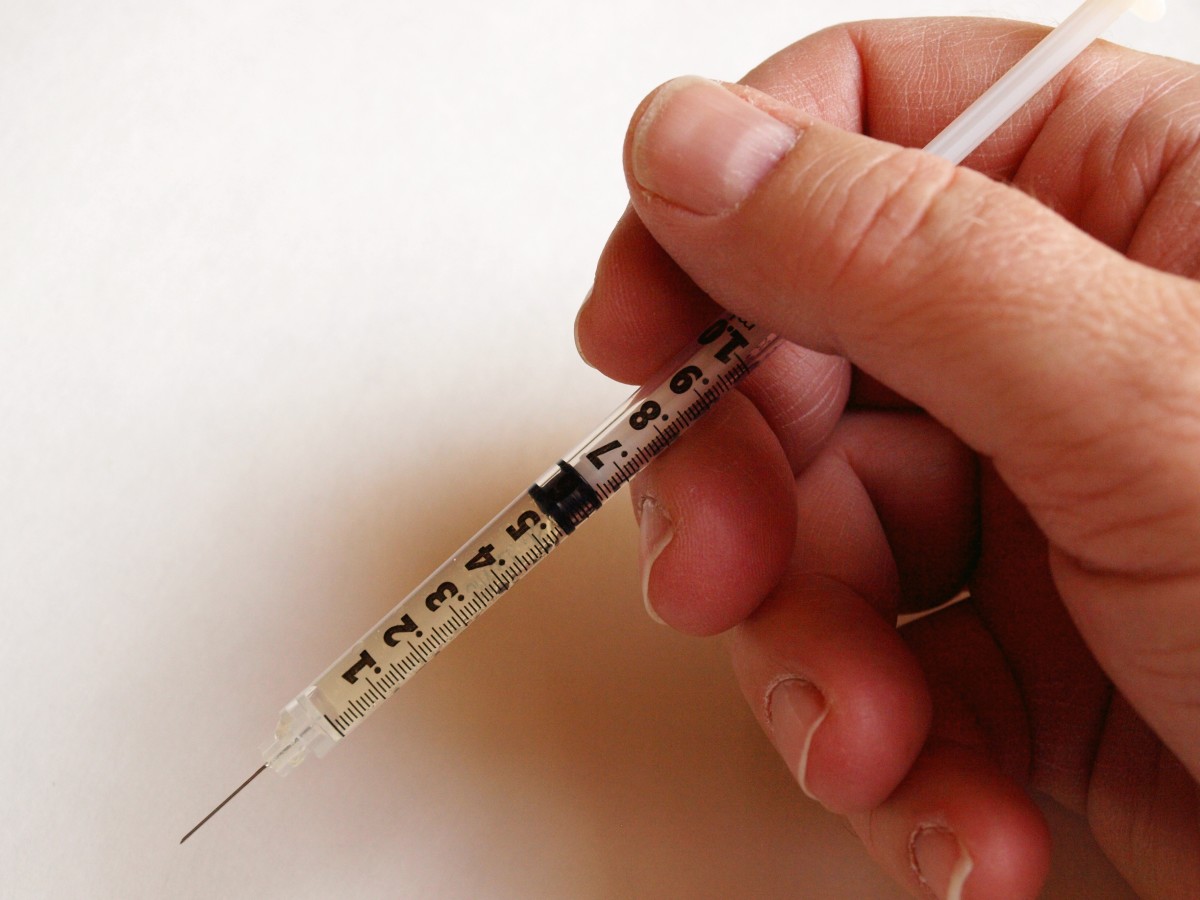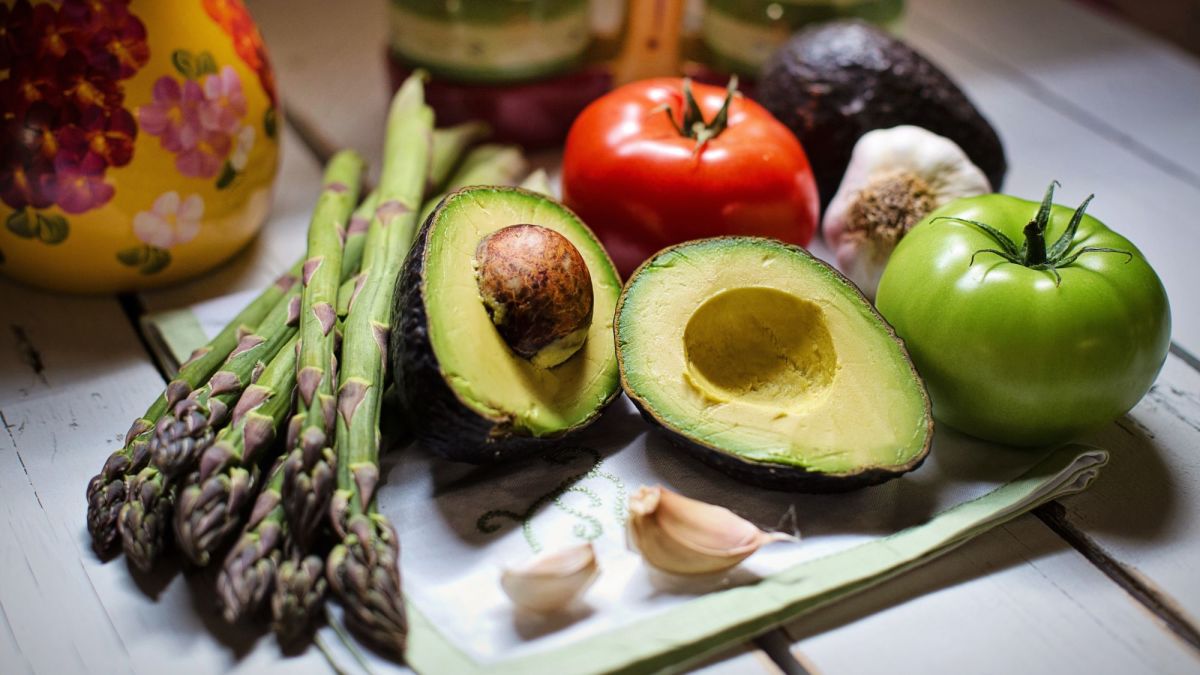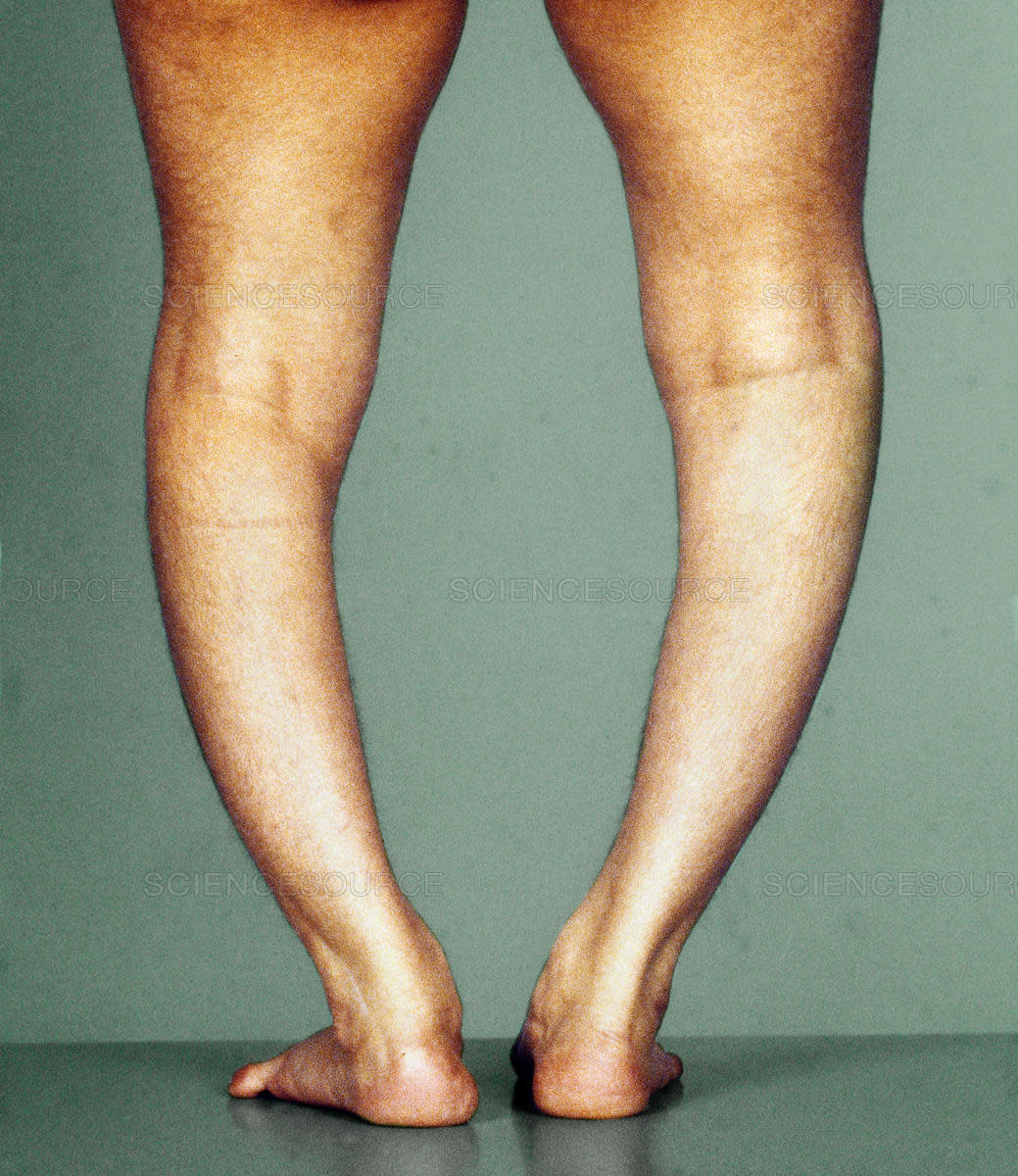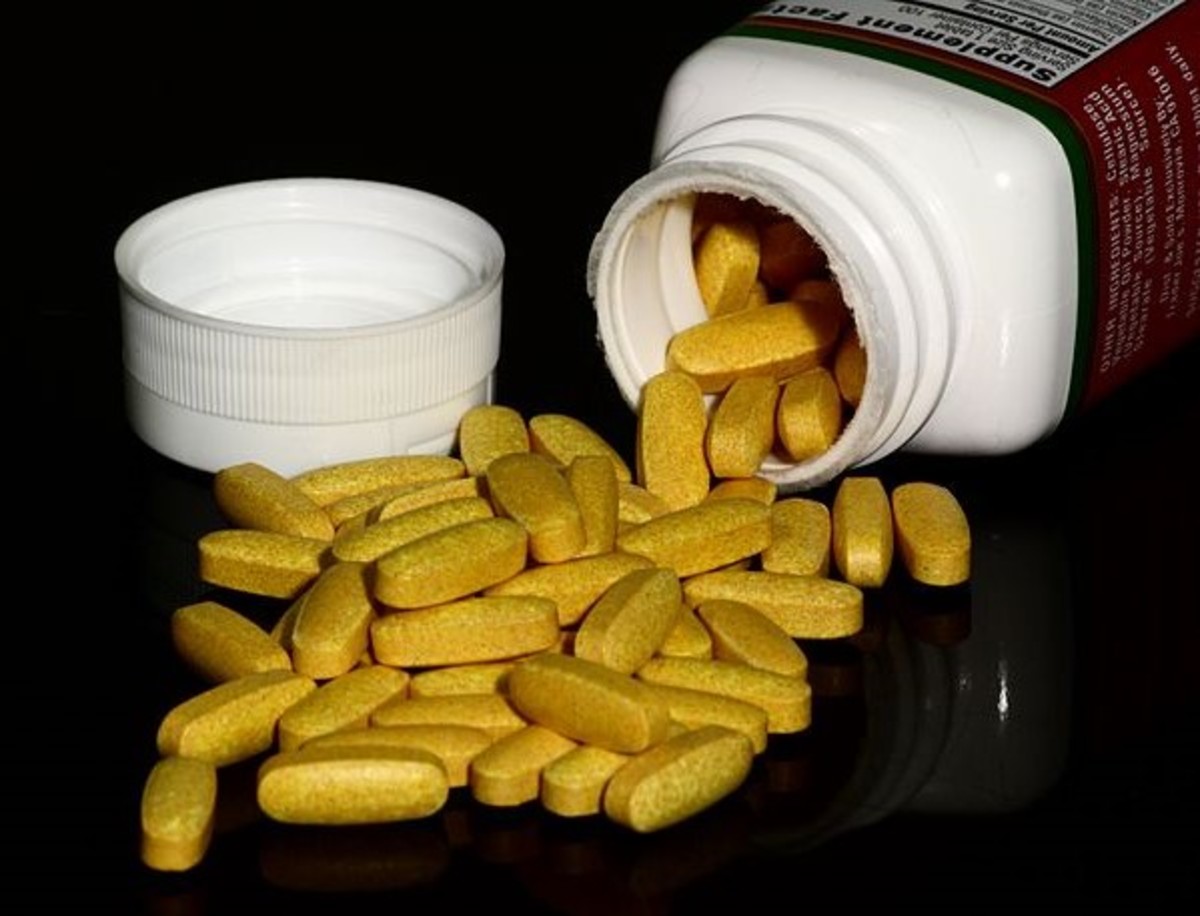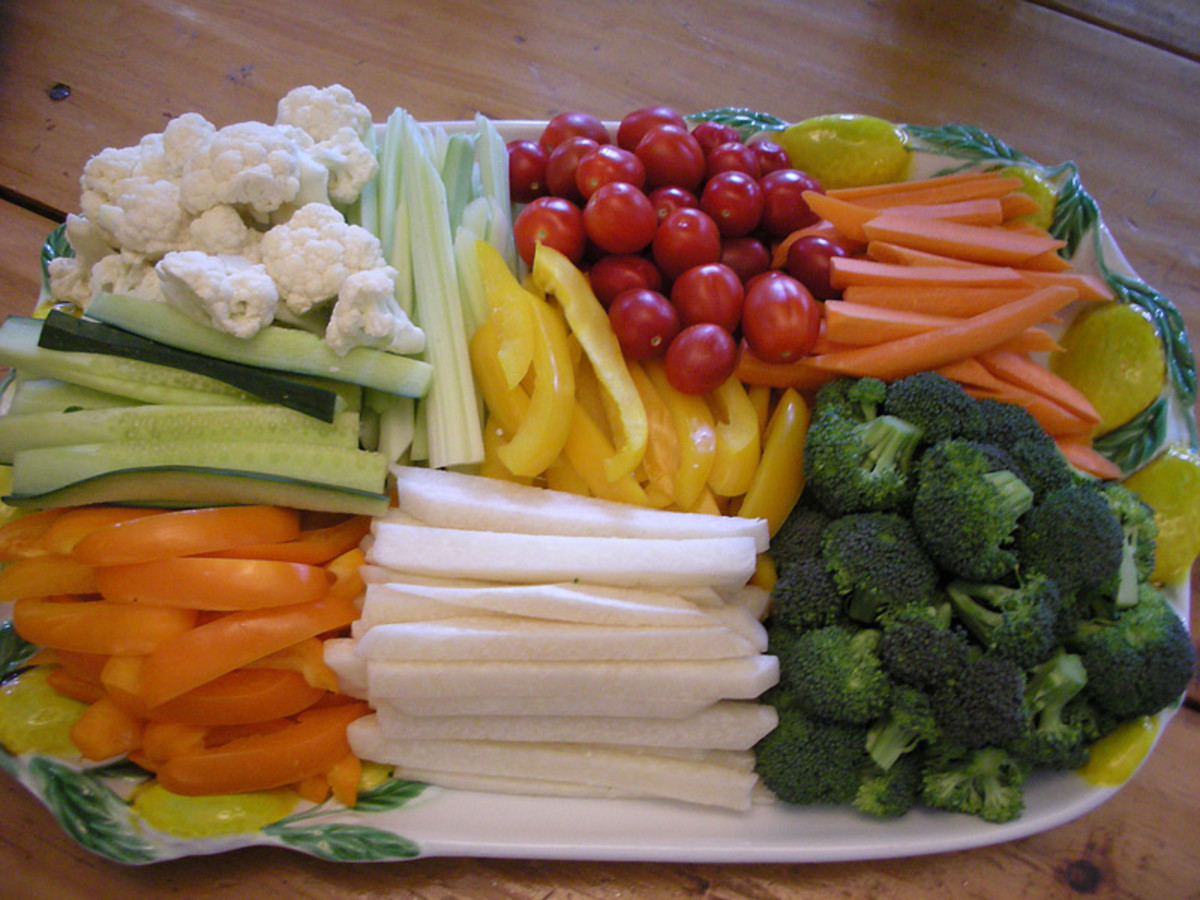Why Are the B Vitamins Good for You?
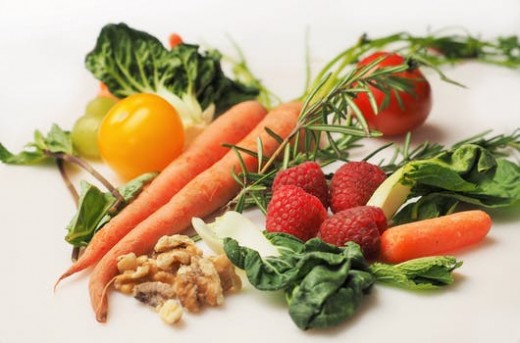
Vitamin B is good for you in 9 different ways
Vitamin B1 or thiamine
- It provides energy by converting the food we eat into fuel making it ready for use by the body
- It contains sulfur which is important for the normal functioning of nerves and central nervous system, and in the production of DNA and RNA.
- Thiamine is also important in the processing of carbohydrates.
What happens when you lack vitamin B1?
You may experience:
- weight loss
- weakness
- edema
- pain in the feet and arms, and
- irregular heartbeat.
- In serious cases: there's beriberi, a disease of the central nervous system whose symptoms include Wernicke's encephalopathy
Serious cases of thiamine deficiency can lead to Wernicke-Korsakoff's syndrome, a condition of irreversible psychosis and neurological disorder. It is more commonly a result of alcohol abuse than simply a deficiency of thiamine in the diet.
Aging causes a significant drop in thiamine level. As a person gets older, he experiences poor absorption of fats, galactose, amino acids, vitamin A and vitamin B12. That is why people who are advanced in age must cut down in their fat and protein consumption.
Alcohol consumption diminishes the absorption not only of thiamine but also slows down the absorption of folic acid, thiamine, riboflavin, and biotin.
Foods rich in Thiamine such as tuna, sunflower seeds, black beans, navy beans, green peas, lentils, lima seeds, and sesame seeds are recommended to prevent the signs of thiamine deficiency which could lead to the more serious beri-beri.
What is the B Vitamin?
Vitamin B, like Vitamin C, is a type of vitamin that is completely soluble in water. This means that it cannot be stored in the body thus we need a daily supply of this vitamin in our diet to be able to function normally.
Vitamin B is important in carrying out the many complex chemical processes that take place in the cells of our body.
The B vitamins are composed of eight distinct vitamins with their unique roles and functions. They are collectively called the vitamin B complex.
Here are the different B vitamins and their importance to our body:
Vitamin B2 or Riboflavin - The B Vitamin that Treats Migraine and Jaundice in Children
Vitamin B2 or riboflavin
- Produces energy important in the break down of fatty acids
- Important in the electron transport chain.
A study published in the Official Journal of the American Academy of Neurology reported that a large dose of riboflavin is effective in minimizing the duration and frequency of migraine attacks.
Riboflavin has also been used in the treatment of jaundice among newborn infants.
Signs of riboflavin deficiency are:
- cracked lips,
- sensitivity to sunlight,
- inflammation of the tongue and sides of the mouth,
- pharyngitis and seborrhic dermatitis
Riboflavin has a yellow-orange to deep yellow-orange in color. Because of its vibrant and attractive color, riboflavin is used as food coloring and food additive in various food items such as sauces, breakfast cereals, pasta, cheese and infant food. However, it cannot be used as additive to beverages and drinks due to its insolubility in water.
Foods rich in riboflavin are yeast and yeast products, liver and kidneys, eggs, meat, fish, cheese, yogurt and popcorn
Fruits and veggies such as: tomatoes, nuts, leafy green vegetables, persimmons, chard, legumes and green beans.
Vitamin B3 or Niacin - The Weight Loss Vitamin, also Prevents Heart Disease
Vitamin B3 or niacin or nicotinic acid
- The only B vitamin that is good for weight loss. It is the oldest known vitamin for reducing the levels of fats in the body and for preventing atherosclerosis.
- It is manufactured in the liver from its precursor tryptophan.
What good does vitamin B3 do the body?
Niacin, also called nicotinic acid has the ability to reduce the amount of low density lipoproteins (LDL), or the bad cholesterol, very low-density lipoproteins and triglycerides in the body at the same time increasing the amount of high density lipoproteins (HDL) cholesterol or the good cholesterol in the body.
It has the ability to improve the body's endothelial tissues, prevents inflammation of the blood vessels and protects against thrombosis or blood clotting which can obstruct the smooth flow of blood through the body's circulatory system.
It aids in weight loss as it has the ability to reduce the amount of fats in the body.
Another important role of niacin is its ability to repair damaged DNA and to produce steroid hormones in the adrenal glands.
Different forms of niacin
Niacin comes in many other forms such as nicotinamide and the more complex amides. Nicotinamide can be converted into niacin.
Niacin cannot be converted directly to niacinamide but both substances can be converted to nicotinamide adenine dinucleotide (NAD) and nicotinamide adenine dinucleotide phosphate (NADP), coenzymes that bind with niacin in the cells.
Even if these two substances are identical, they do not have similar functions. Nicotinamide does not have the ability to reduce the body's cholesterol level, and it does not cause flushing or the reddening of the skin.
Symptoms of niacin deficiency:
- anxiety
- depression
- irritability
- restlessness
- fatigue
- short concentration span
Deficiency in niacin has been associated with deficiency in other vitamins like nightblindness, osteomalacia, rickets, scurvy, pellagra, and beri-beri.
Very serious cases of niacin deficiency can lead to pellagra, a disease characterized by the appearance of lesions in the neck which resembles a necklace
Foods rich in Niacin include: Animal liver, kidneys and heart, chicken breast, beef, fish such as tuna, halibut and salmon, deer meat, eggs.
Fruits and veggies such as: Leafy vegetables, tomatoes, carrots, broccoli, asparagus, sweet potatoes, avocados, dates, shiitake mushrooms, brewer's yeast, avocados
Nuts, Legumes and products made of whole grains
Vitamin B5 (Pantothenic Acid) - Prevents Acne, and Promotes Weight Loss
Vitamin B5 or pantothenic acid
Pantothenic acid is believed to be effective for the treatment of acne and obesity.
It takes part in the oxidation of carbohydrates and fatty acids.
Coenzyme A which is the most important coenzyme in the body is produced from pantothenic acid. It plays an important role in the production of amino acids, cholesterol, steroid hormones, neurotransmitters, fatty acids, ketones and phospholipids.
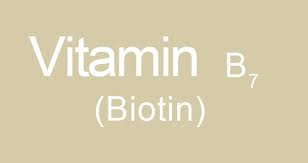
Vitamin B6 (Pyridoxine) - For Healthy Blood and Bone Marrow
Pyridoxine is stored in the body in the form of the co-ezyme of vitamin B6, pyridoxal 5-phosphate.
Pyridoxine is important in the synthesis of fats and amino acids, nicotinic acid and hemoglobin. It also takes part in gluconeogenesis.
Vitamin B7 (Biotin) - The Hair and Skin Vitamin. It protects us from skin diseases and hair loss
Vitamin B7 or Biotin or Vitamin H
Biotin is the B vitamin that prevents hair loss and skin diseases.
Biotin's important role is to promote proper metabolism of amino acids and fats, and the growth of new cells in the body.
Biotin is important in the breakdown of branched-chain amino acids, and in the manufacture of fatty acids and glucose.
Vitamin B9 (Folic Acid) - Prevents Birth Defects
Vitamin B9 or Folic Acid
Folic acid protects newborn babies from spina bifida which happens when the pregnant mother's diet is deficient in folic acid before and during pregnancy.
Research studies show that folic acid transcends its role as the B vitamin that prevents spina bifida. It is believed to be capable of preventing not only spina bifida but also other congenital defects, such as Down's syndrome, dementia, various affective illnesses, cancer and other pregnancy complications.
Folic acid also has the ability to lower the body's homocysteine levels indicating that folic acid supplementation may be effective in the prevention and treatment of cardiovascular diseases.
Folic acid is necessary for the manufacture of new cells, for DNA and RNA production and for preventing cancer by protecting disturbances to normal DNA functions.
Pteroylglutamic acid which is oral folic acid is considered non-toxic when used by normal individuals but can pose danger to patients suffering from pernicious anemia. Previous research suggest that folic acid supplementation can interfere with absorption of zinc in the intestines but this needs futher study to prove this claim.
Signs of folic acid deficiency:
- congenital defects
- headaches
- irritability
- heart palpitations
- anemia accompanied by nerve damage and weakness and numbness
- complications caused by pregnancy
- mental confusion
- forgetfulnesss and other cognitive disorders
- depression
- swollen tongue
- mouth ulcers
Best-selling Folic Acid gummy vitamins that will help prevent defects in your baby
Great sources of Folic acid
You should eat these kinds of food to protect you from birth defects and other illnesses brought about by folic acid deficiency in the body:
oranges
lemons
limes
grapefruits
eggs
leafy green vegetables
broccoli
Brussel sprouts
asparagus
beans
peas
lentils
bananas
avocado
papaya
bread
pasta
beef liver
different types of nuts and seeds
beets
Vitamin B12 (Cobalamin) - For Healthy Nerves, Blood Vessels and Bone Marrow
Vitamin B12 or Cobalamin
Vitamin B12, the cobalamin-containing B vitamin, takes part in the metabolism of fats, proteins and carbohydrates. It is an important element in the production of blood, and normal brain and nervous system function.
- It contains cobalt, a not so common element.
- Only bacteria and other microbes can produce this vitamin because they have the enzymes needed for their production. Animals and plants do not have the capability to do this.
- Plants, animals and fungi are not capable of producing vitamin B12.
- Vitamin B12 is the most complicated B vitamin in terms of structure and can be produced for industrial use only through fermentation using bacteria as bacteria carry the enzymes needed in fermentation. Many food items though are good sources of vitamin B12 due to interaction of bacteria with other food .
Good sources of vitamin B12 are shellfish, fish, eggs, milk, animal food particularly the liver.
Breakfast cereals that have been fortified with vitamins are a rich source of vitamin B12 for vegetarians and the elderly.
Deficiency of vitamin B12 in the diet
Deficiency of vitamin B12 in the diet results to pernicious anemia. Babies breastfed by mothers who lack vitamin B12 in their diet become at risk of having anemia, growth and developmental problems.
Vitamin B12 deficiency is not so much of a problem in the Asian region but it is a serious problem in Africa, Mexico, the Indian subcontinent and Central and South America.
Vitamin B12 is best taken in an empty stomach for better and rapid absorption in the body. If you intend to take an energy drink, which we know are packed with vitamin B12, take it in an empty stomach or in the middle of a work-out.
© 2013 Zee Formadero


